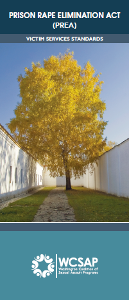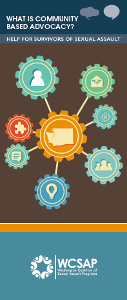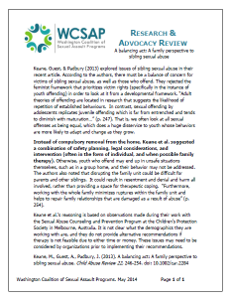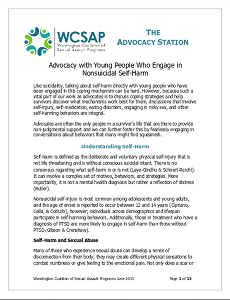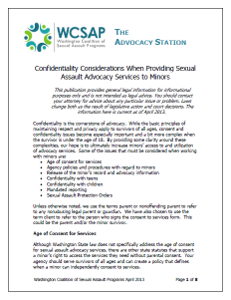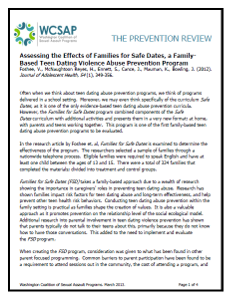The Prison Rape Elimination Act (PREA) was signed into law in 2003 and in 2012, the Department of Justice standards that govern its implementation in most types of detention facilities were finalized.
The purpose of these standards is to tell facilities that are covered under PREA, what they need to do in order to be compliant. A number of these standards relate to a facility's responsibility to provide incarcerated survivors with access to sexual assault advocacy services. It was…
